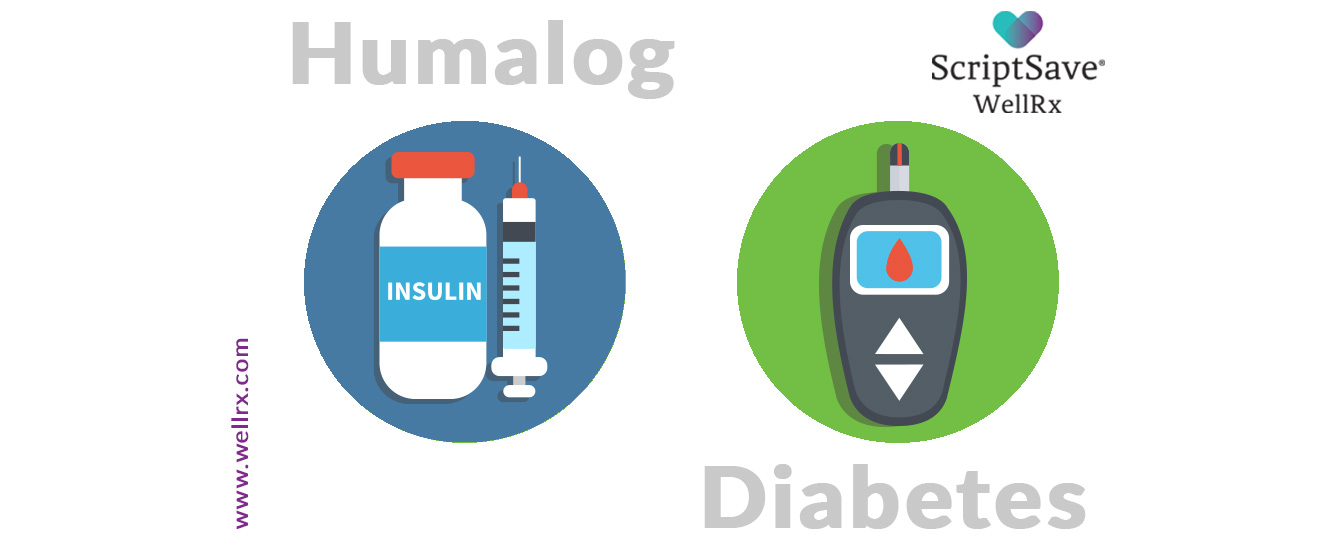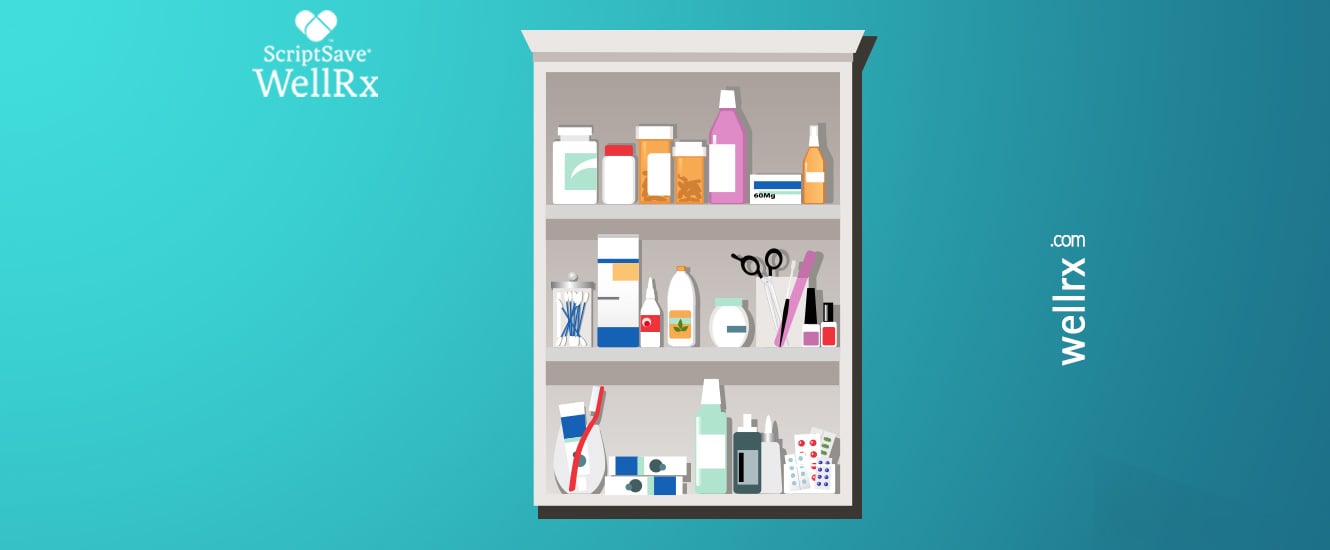For many patients with diabetes, insulin has become a mainstay of their therapy. Despite the addition of newer drugs on the market (like the exciting GLP-1 agonists such as Victoza (liraglutide), insulin remains a popular choice among physicians for its numerous benefits. The dose of insulin can be easily adjusted; if your blood sugars are running high then simply try taking two more units and reevaluate in a couple of days.
Insulin is also a great drug when used in combination with other medications such as metformin; these combinations allow for greater control of a patient’s diabetes. According to a study from the CDC, the percent of patients taking both insulin and an oral medication increased between 1997 and 2011. This suggests the importance of both types of medication in diabetes management. 1
What are the different types of Insulin available?
Insulin can be divided up into two categories: long acting and short acting. Most patients start out with a long acting insulin before a short acting insulin is added. The most common long acting insulin is Insulin Glargine, or Lantus. Another long acting insulin you may see is Insulin Detemir, or Levemir. These insulins are normally dosed once a day, and they work to keep your fasting sugars (your blood sugar when you’re not eating any food) within normal limits.
The most common side effect of long acting insulin is hypoglycemia, or low blood sugar. When you take too much insulin your body eats up too much glucose, resulting in low blood sugar levels. If you are hypoglycemic then you may start shaking, feeling dizzy or faint, and feel confused or anxious. The quickest remedy for this is eating a high sugar snack or drink, such as a glass of orange juice.
As noted earlier, one of the main benefits of long acting insulin is being able to adjust the dose more frequently to find the perfect dose for you. With a tablet medication it is harder to find the perfect middle ground; you either take one tablet or you take two. Insulin doesn’t work that way; since insulin is a liquid injection you can easily take a little more or a little less than you were previously to account for your blood sugar levels.
Short acting insulin works much quicker than the long acting insulins, hence the name. There are two common short acting insulins: Insulin Lispro, or Humalog and Insulin Aspart, or Novolog. These insulins are commonly taken after a meal. The idea behind this is that the insulin will counteract a large spike in blood sugar gained by eating a large meal. However, these insulins are rarely taken alone; rather they are normally used in combination with long acting insulin to combat both types of sugars: fasting and post-prandial, or post-eating sugars. Hypoglycemia is still a risk with these short acting insulins, but it isn’t as great a risk as with the long acting insulins. One consideration that has been on many patient’s mind, however, is the rising cost of insulin – and Humalog specifically has been in the news lately.
Why is Humalog making headlines?
Humalog is a short acting insulin manufactured by Eli Lilly, a drug company responsible for numerous popular medications. Eli Lilly released some pricing information about Humalog, and the numbers are raising some eyebrows among patients, healthcare providers, and even politicians. An insured patient will typically pay around $135 a month for Humalog (which is a decrease of 8.1% from 2014). When you don’t factor in the rebates typically covered by an insurance company, the monthly price of Humalog rises to $549.2
These differences have gotten a lot of people talking. Eli Lilly hopes that the information they released will help shed some light on the often-muddled issue of rising drug costs. Politicians on both sides seem to agree that drug costs need to come down in America, but the solution to this issue is not an easy one. Eli Lilly themselves hope to improve the situation by releasing a “half-price” Humalog under the generic name Insulin Lispro. The cost will be $137.35 per vial, which should significantly improve the annual cost for those uninsured patients with diabetes.3
In response to the Eli Lilly price drop for Humalog, Sanofi recently announced a program that they hope will make a difference in the cost of insulin.4 They unveiled a Netflix-like program that takes that model directly to patients, supplying insulin products for a flat monthly rate instead of the usual cost per prescription or refill. The drugmaker will use its Insulin Valyou Savings Program to deliver insulin products for $99 per month. For that monthly fixed price, Sanofi will offer up to 10 boxes of insulin pens and 10 mL vials per month, regardless of a patient’s income. The new $99-per-month price could be as little as one-tenth of the amount patients would have paid previously.
References:
- “Age-Adjusted Percentage of Adults with Diabetes Using Diabetes Medication, by Type of Medication, United States, 1997–2011.” Centers for Disease Control and Prevention, Centers for Disease Control and Prevention, 20 Nov. 2012, www.cdc.gov/diabetes/statistics/meduse/fig2.htm.
- Lovelace Jr., Berkeley. “Eli Lilly Sheds Light on Confidential Pricing, Discloses Charges for Popular Diabetes Drug Humalog.” CNBC, CNBC, 25 Mar. 2019, cnbc.com/2019/03/25/eli-lilly-discloses-pricing-data-for-its-popular-insulin-humalog.html.
- “Lilly to Launch a Half-Price Version of Insulin.” CNBC, CNBC, 4 Mar. 2019, www.cnbc.com/2019/03/04/lilly-to-launch-a-half-price-version-of-insulin.html.
- “Sanofi provides unprecedented access to its insulins for one set monthly price” Sanofi, 10 Apr. 2019 http://www.news.sanofi.us/2019-04-10-Sanofi-provides-unprecedented-access-to-its-insulins-for-one-set-monthly-price













 Store & manage your medication list
Store & manage your medication list Medication pricing updates
Medication pricing updates Pill & refill reminders
Pill & refill reminders Medication journal & mood log
Medication journal & mood log